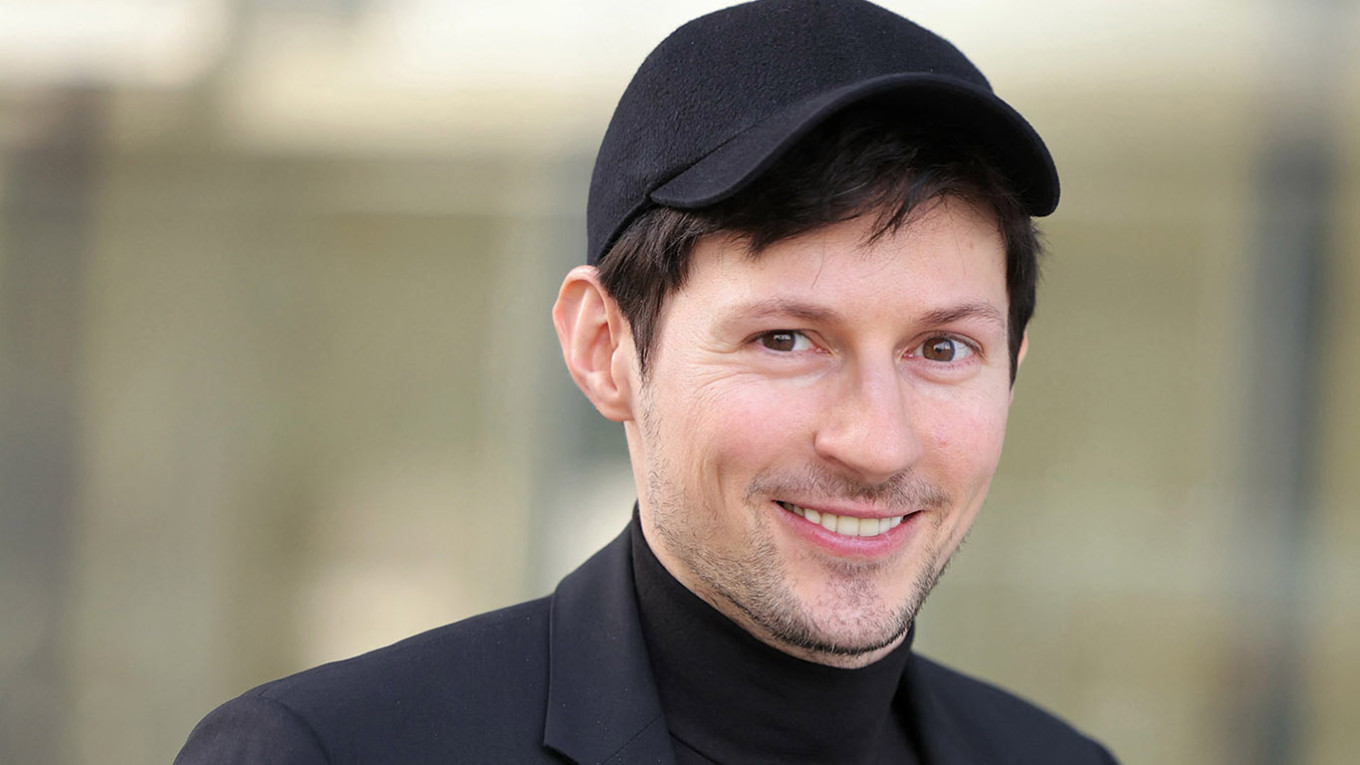Telegram founder Pavel Durov has claimed that a targeted disinformation campaign may be underway to undermine the popular messaging app’s reputation, pointing to what he described as a series of misleading news reports and online attacks.
His statement comes as Russia prepares to launch its own state-backed messaging platform called Max, a move seen as part of the government’s broader effort to assert control over digital communication.
In a post on his official Telegram channel on Tuesday, Durov outlined several recent incidents he said exemplify attempts to discredit the platform.
Among them was a satirical article that falsely claimed Telegram would exit the Russian market. Though originally intended as a joke, Durov said the story was quickly picked up and circulated as fact by some outlets.
“We even had to add a refutation note under such posts in Telegram channels,” he said.
Durov also addressed accusations that Telegram had deliberately blocked Open Source Intelligence (OSINT) channels, some of which have played a key role in monitoring Russia's full-scale invasion of Ukraine.
While several channels were temporarily suspended, he said the blocks were triggered automatically by moderation systems after the channels shared personal information. Durov said that although the affected channels were swiftly reinstated, media coverage rarely reflected this fact.
A third example involved what Durov called a “technically illiterate” investigation into alleged vulnerabilities in Telegram’s handling of IP addresses, which he said was “repeatedly debunked by independent experts.”
“For over 12 years, Telegram has defended people's right to privacy and open access to information, which is why we often become the subject of media pressure from different sides,” Durov wrote. “It’s possible that these aren’t just harmless journalistic mistakes, but an orchestrated campaign to discredit Telegram.”
Telegram has faced regular criticism over its moderation practices, security standards and opaque relationship with governments, particularly in Russia.
Despite Durov’s longstanding public opposition to censorship and surveillance, critics have accused the platform of being overly accommodating to Russian authorities. Durov has denied any collaboration with the FSB or other state agencies.
The St. Petersburg-born Telegram founder was arrested in Paris last year after being accused of failing to curb extremist and terrorist content on Telegram. He was later released on bail.
Sergei Boyarsky, chairman of the lower-house State Duma’s Information Policy Committee, warned last week that Telegram and WhatsApp could soon face tougher sanctions for allegedly violating Russian law, particularly following the announced launch of Max, the state-backed messenger.
Among the concerns he cited are Telegram’s failure to localize user data within Russia and to consistently remove prohibited content.
A Message from The Moscow Times:
Dear readers,
We are facing unprecedented challenges. Russia's Prosecutor General's Office has designated The Moscow Times as an "undesirable" organization, criminalizing our work and putting our staff at risk of prosecution. This follows our earlier unjust labeling as a "foreign agent."
These actions are direct attempts to silence independent journalism in Russia. The authorities claim our work "discredits the decisions of the Russian leadership." We see things differently: we strive to provide accurate, unbiased reporting on Russia.
We, the journalists of The Moscow Times, refuse to be silenced. But to continue our work, we need your help.
Your support, no matter how small, makes a world of difference. If you can, please support us monthly starting from just $2. It's quick to set up, and every contribution makes a significant impact.
By supporting The Moscow Times, you're defending open, independent journalism in the face of repression. Thank you for standing with us.
Remind me later.






